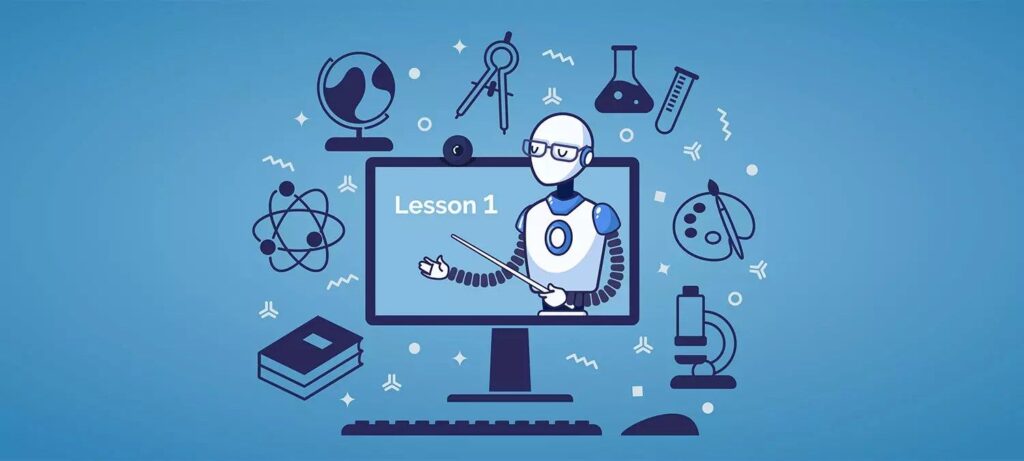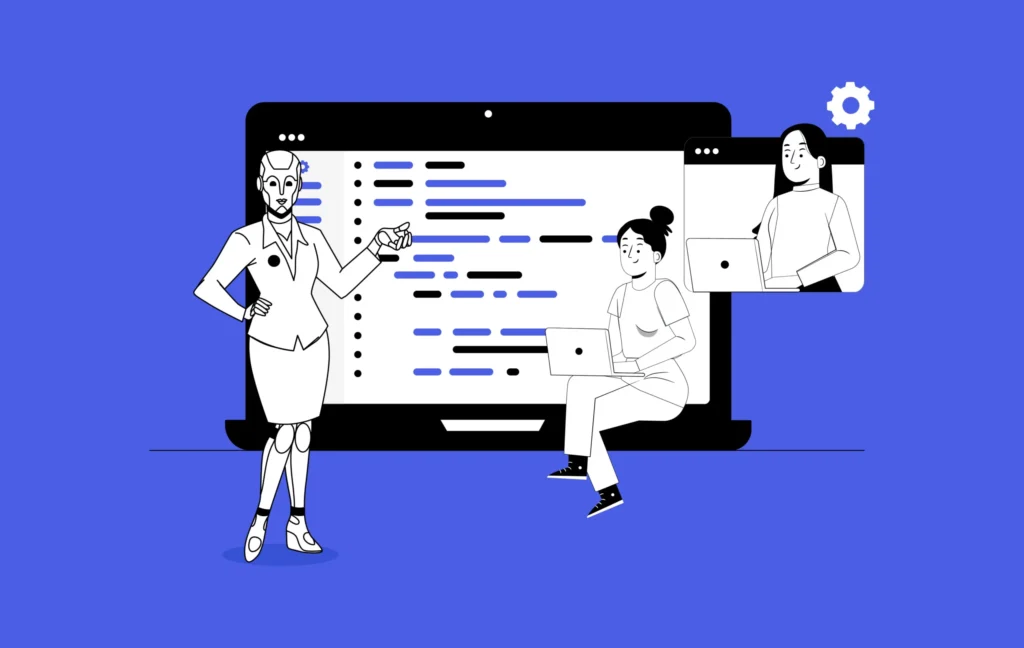Artificial Intelligence (AI) has become an essential part of our lives, revolutionizing various industries. The education sector has not been left behind, as AI has significantly impacted the sector’s effectiveness and efficiency.
AI refers to the simulation of human intelligence in machines that can think, learn, and problem-solve like humans. In education, AI is being used to improve teaching, learning, and assessment. This article discusses the importance of AI in education and how it is transforming the sector.
Contents
Personalized Learning & Advanced Tutoring
One of the main advantages of AI in education is that it enables personalized learning. AI can analyze student data and create individualized learning plans that cater to the students’ unique needs and learning styles. This helps students learn at their own pace and in a way that suits them best. It also enables teachers to provide personalized feedback and support, making learning more engaging and effective.
AI-powered intelligent tutoring systems are becoming increasingly popular in education. These systems use machine learning algorithms to provide personalized feedback to students based on their performance. They can also adjust the difficulty level of the content based on the student’s proficiency level. This helps students stay engaged and motivated, leading to better learning outcomes.
Automated Grading & Improved Engagement
Another significant advantage of AI in education is automated grading. With the help of machine learning algorithms, AI can grade essays, quizzes, and other assessments quickly and accurately. This not only saves time for teachers but also provides students with immediate feedback on their performance. It also helps eliminate grading biases, ensuring a fair evaluation for all students.
AI-powered tools like chatbots, virtual assistants, and educational games are becoming popular among students. These tools use natural language processing and machine learning algorithms to provide students with interactive and engaging learning experiences. They can answer questions, provide feedback, and create a personalized learning environment that keeps students engaged and motivated.
Improved Accessibility & Enhanced Decision Making
AI is making education more accessible to students with disabilities or learning difficulties. For example, speech recognition technology can help students with speech impairments participate in class discussions. Text-to-speech tools can help students with visual impairments access written materials. AI-powered tools can also help students with learning difficulties by adapting the content to their needs and learning styles.
AI can also help education administrators make better decisions. By analyzing large amounts of data, AI can provide insights into student performance, resource allocation, and program effectiveness. This can help schools and universities identify areas that need improvement and allocate resources more effectively.
But they’re not without challenges!
Challenges and Limitations
While AI has significant potential in education, there are also some challenges and limitations to its use. One of the main concerns is the cost of implementing AI-powered tools and systems. Many schools and universities may not have the resources to invest in these technologies. Another challenge is the need for trained personnel to develop, implement, and maintain these systems.
There are also concerns about the ethical implications of AI in education. For example, there is a risk that AI-powered systems could reinforce biases or perpetuate inequality. Additionally, there is a concern that AI could replace teachers, leading to job loss and reduced human interaction in the classroom.





